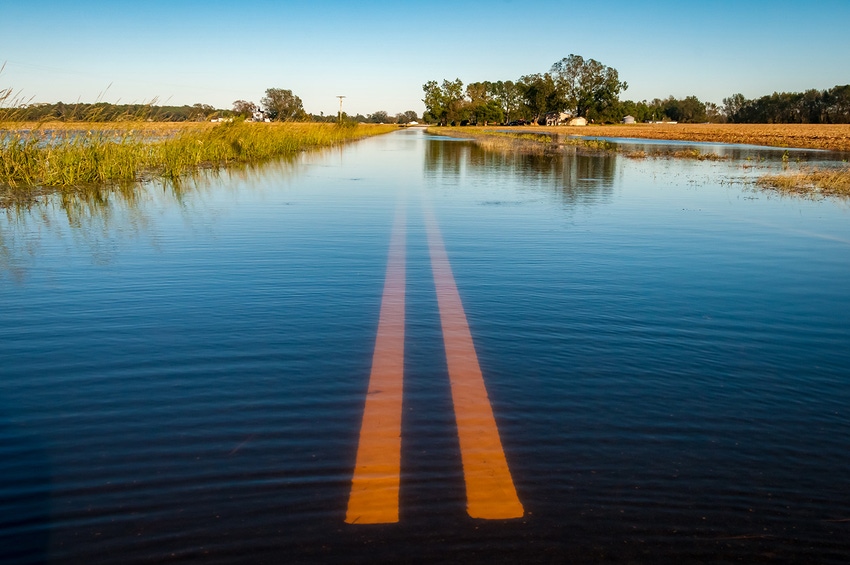UPDATED: The FDA reminds harvesters that crops harvested from flooded fields are often unacceptable because of contamination. Flood waters, which are different from pooled rain water, may contain sewage, pathogenic organisms, pesticides, chemical wastes or other toxic substances.
October 10, 2018

Source: U.S. Food & Drug Administration
As Hurricane Michael makes landfall along the Florida Gulf Coast, the U.S. Food and Drug Administration’s Center for Veterinary Medicine reminds those who may be affected by weather events about resources available for animal food producers who may be harvesting, mixing, storing or distributing grains and other foods for animals.
The FDA reminds harvesters that crops harvested from flooded fields are often unacceptable because of contamination. Flood waters, which are different from pooled rain water, may contain sewage, pathogenic organisms, pesticides, chemical wastes or other toxic substances.
Mold growth is another serious concern for flood impacted crops intended for use in animal food. Some molds produce mycotoxins, which are toxic to certain animals and people.
For more information, see Crops Harvested from Flooded Fields Intended for Animal Food: Questions and Answers.
For more information
Sometimes, crops that have been harvested and then subsequently deemed unsuitable for human use can be salvaged for animal food. The FDA will work with producers to consider requests to recondition an adulterated crop into animal food on a case-by-case basis. FDA’s compliance guide provides a step-by-step process for reconditioning requests. Those requests should be directed to the following individuals in the relevant FDA field office.
For contamination events occurring in Florida:
Edwin Ramos, 787-729-8662
For contamination events that occur in Georgia:
Derek Price, 404-253-2277
For contamination events occurring in Alabama:
Toniette Williams, 513-679-2700, Ext. 2160
For contamination events occurring in Virginia, Delaware and Maryland:
Randy Pack, 410-779-5417
Additionally, your state’s Department of Agriculture may have state-specific requirements regarding any attempt to clean, process, test and sell/use crops in animal food. FDA will also continue working with USDA, state partners and associations on broader questions that may arise about crops for animal food.
You May Also Like



